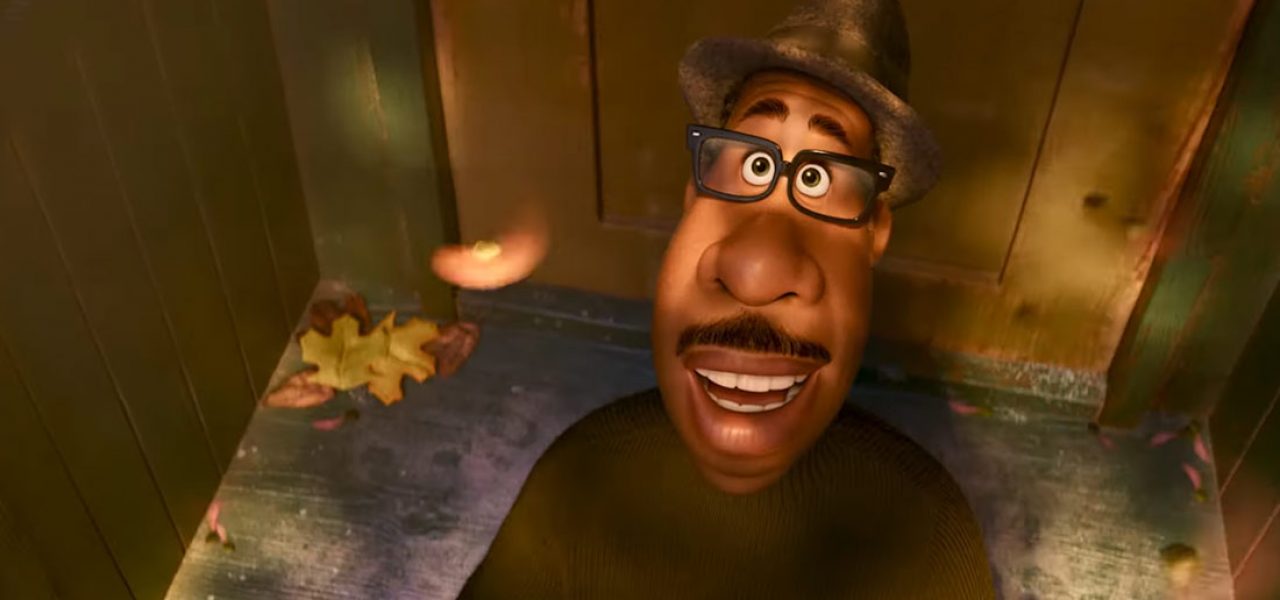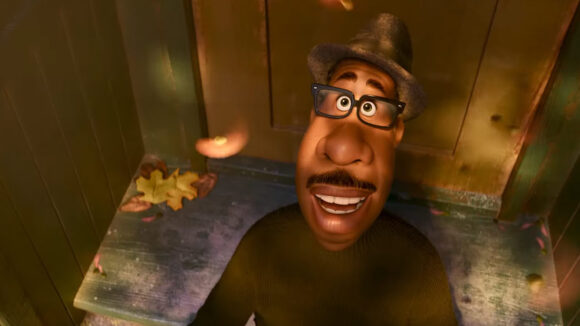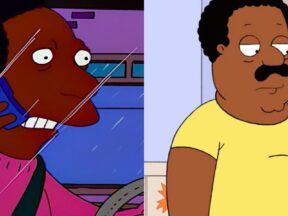

Outcry Across Europe As Joe, The Black Lead Of Pixar’s ‘Soul,’ Is Dubbed By White Actors
Soul was released on December 25, introducing the world to Pixar’s first Black protagonist: jazz pianist Joe Gardner. The character inhabits a vividly realized African American milieu in New York City, and the film has the cast to match: several prominent Black actors and musicians lent their voices, led by Jamie Foxx as Joe.
Closing out a year in which the role of race in voice casting came under scrutiny, Soul struck a blow for diversity — with a caveat. In European-language dubs of the film, Joe and other Black characters are in some cases voiced by white actors. In Denmark and Portugal, this color-blind casting has prompted a backlash.
The New York Times reports that a controversy broke out in Denmark when people realized that Joe is dubbed by white actor Nikolaj Lie Kaas. The outcry was such that Lie Kaas issued a statement on Facebook defending his casting. “My position with regards to any job is very simple,” he wrote. “Let the man or woman who can perform the work in the best possible way get the job.”
Meanwhile, in Portugal, a petition calling for a re-dub with actors of color has garnered more than 17,000 signatures. The Times adds that white actors voice Black characters in many other European dubs of Soul. A cursory glance at the film’s dubbing credits confirms this, although there are exceptions: in France, for instance, Joe is voiced by the well-known Black actor Omar Sy.
In June, as American society reckoned with its racism in the wake of George Floyd’s killing, white voice artists stepped away from characters of color on a number of high-profile animated series. Apologies and/or resignations came from the cast and creators of Big Mouth, Central Park, The Simpsons, Family Guy, and Bojack Horseman. A heated debate promptly ensued about the ethics of voicing a character of another race.
This debate has been had elsewhere. A recent feature in Vulture (written — full disclosure — by me) pointed to similar controversies that erupted in France and Brazil in the past. But each country comes with its own demographics, discourse around race, and practices in the voice acting industry. For example, a common defence of the status quo is that the country in question has too few actors of color to cover all non-white roles.
Moreover, dubbing artists have traditionally kept a low profile — after all, a good translation is supposed to be invisible. For the Vulture article, I spoke to Thomas Wolfert, CEO of the Berlin studio TV+Synchron (which records the German dub of Big Mouth). “Dubbing often stays under the radar,” he told me, “and if people talk about it, it is because something went wrong there.”
All these factors have complicated efforts to discuss the role of race in dubs (as opposed to the original American voice cast). But if the reaction to Soul is anything to go by, that may be starting to change.

.png)


